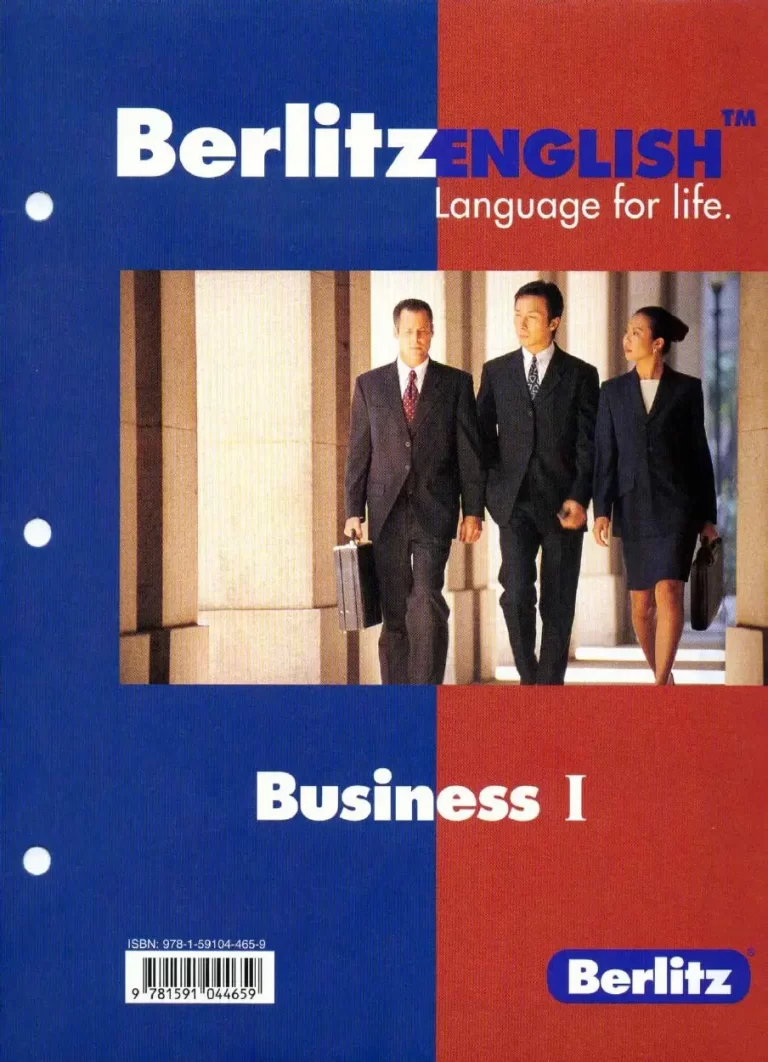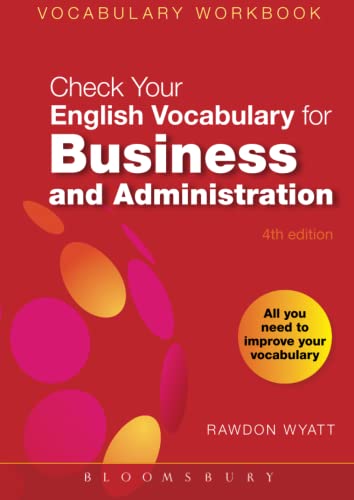Business English Lesson: Hosting a Corporate Event. A lesson to learn how to discuss and plan a successful corporate event using appropriate business English vocabulary and expressions with free PDF.
Business English Lesson: Hosting a Corporate Event

Business English Lesson: Hosting a Corporate Event
Objective:
In this lesson, students will learn vocabulary and expressions related to hosting a corporate event. They will practice reading comprehension, speaking, and writing skills through various activities.
This lesson is suitable for intermediate to advanced level students of Business English.
Warm-up:
Ask students if they have ever attended a corporate event. What was it like? What were their expectations? Have they ever hosted an event? Encourage them to share their experiences.
Vocabulary:
Introduce and explain the following vocabulary terms:
- Corporate event
- Awareness
- Customer base
- Inter-business relationships
- Mutually beneficial
- Adverse effect
- Primary goal
- Secondary goals
- SMART goals
- Venue
- Promotional video
- Marketing
- Brand image
- Timing
- Understaffing
- Buffer
- Sponsorship
- Recuperate losses
- Proceeds
- Sales impact
Reading Comprehension:
- Provide students with a copy of the article.
- Have them read the article individually.
- Discuss the main ideas and key points from the article as a class.
- Encourage students to ask questions and share their thoughts on hosting a corporate event.
Discussion Questions:
- What are some benefits of hosting a corporate event?
- Why is it important to set specific goals for a corporate event?
- How can you promote your event effectively?
- Why is timing crucial when planning an event?
- What factors should you consider when choosing a team to manage the event?
- How can you manage expenses and stay within budget for a corporate event?
- Why is it beneficial to donate some of the proceeds to charity?
- How can you measure the success of a corporate event?
Role Play Activity:
Divide students into pairs or small groups. Assign each group a role (e.g., event planner, sponsor, attendee). In their roles, students should have a conversation about hosting a corporate event. They can discuss goals, budget, marketing strategies, and other relevant aspects. Encourage students to use the vocabulary and expressions they have learned.
Writing Activity:
Ask students to imagine they are planning a corporate event for their own business or a hypothetical company. Instruct them to write a detailed event proposal that includes the following information:
- Primary goal and secondary goals of the event
- Event description, including date, time, and location
- Marketing and promotional strategies
- Budget breakdown
- Team members and their responsibilities
- Timeline for planning and execution
- Expected benefits and how to measure success
- Any additional creative ideas to make the event memorable
Wrap-up:
Have students share their event proposals with the class. Discuss the different approaches and ideas presented. Encourage feedback and suggestions to further improve their proposals.
Extension Activity:
Students can create a visual presentation to accompany their event proposals, incorporating images, graphs, and key points. They can present their proposals to the class, simulating a real pitch to potential stakeholders.
Note: The teacher should adapt the lesson based on the proficiency level and needs of the students. Additional activities such as vocabulary exercises, grammar practice, or listening comprehension can be included as necessary.

Business English Lesson: Hosting a Corporate Event – Here is the article:
A complete guide to hosting a corporate event
There are numerous benefits to hosting a corporate event. A memorable corporate event can help to create local and regional awareness of your business, broaden and diversify your customer base, create inter-business relationships between employees and generate interest in mutually beneficial business relationships with other companies.
Hosting a corporate event however, can be a stressful and time-consuming process, which if handled incompetently can have an adverse effect on your overall aims. Here are some simple tips which will help you to ensure your corporate event is a success.
Choose a goal and stick to it
Decide in advance what your overall aim is when planning your corporate event. Are you looking to attract media attention? Expand upon your list of clients? Launch a new product? Establish links with new businesses, or reinforce existing ones? Create customer awareness of your business? Or simply sell products/services at the event?
No doubt, you may have a multitude of different goals, but in order to ensure your aims are not too diffuse, you should focus on one primary goal, and set a few others as secondary goals. Make sure your goals are SMART (Specific, Measurable, Achievable, Relevant, and Timed); following SMART will ensure that the success of your event can be quantified properly, allowing you to determine what you did right, and what you may have done wrong, which will provide useful information for planning future events.
Know how big you want your event to be
Working out the size of your event is one of the first things to bear in mind. Are you looking for a big event, with hundreds in attendance in a large, catered venue? Or can you accomplish the same goals with a smaller, shorter event?
A large event will usually have catering, entertainment, guest speakers, workshops, and in some cases, accommodation provided. If you’ve never hosted an event before, it’s wise to start out small and expand as your experience grows; a simply business meeting which lasts for a few hours may be the best place to start. When you get on to larger events, consider the venue, and whether they’ve catered to similar events before.
Make sure you know the benefits of attending your event
Never assume that your potential attendees will automatically know the benefits of attending. You need to know and be able to easily explain how your attendees will benefit from getting involved in your corporate event. What will they learn? Who will they meet? Will the event be catered? Will there be transport to and from the event? Will there be overnight accommodation? What will happen at the event specifically? Will there be any guest speakers?
Attendees will be hesitant to attend an event when it isn’t clear how long the event will last for and what will occur, make sure you can sell it to your attendees effectively.
Consider creating a promotional video for your event
It’s quite amazing what can be achieved with some simple camerawork and a royalty-free music clip. A short and sweet promotional video which can be circulated via email and social media will help to generate interest in your event, and provide a hook for attendees.
Use websites which cater you’re your event
There are many sites such as lanyrd.com and meetup.com which you can use to effectively market your event. This can not only generate interest from potential attendees, but also attract sponsors and other businesses which may be interested in finding out a bit more about your company.
Give your event a striking brand image
A memorable logo, striking tagline and punchy name for your event helps to generate buzz for your event, and increase its potential to stick in the memory of those who may wish to attend. Use the same logo, tagline, name, font and colour theme for all of your promotional material to help perpetuate the event branding.
Get the timing right
Timing is essential when planning events. Make sure holidays, annual community events, and other business events are not competing for attendance. Make sure your event is not hosted too close to the Christmas or summer holiday period, as this will likely reduce numbers significantly.
Make sure you plan ahead, the earlier you start planning, the more time you have to prepare. This will allow you to get a good idea of the number of attendees. You will also benefit from earlybird offers from venues and caterers.
Choose the right team to manage the event
One of the biggest problems that corporate event planners often face is understaffing. Make sure you more than enough staff to cope with the event proceedings, ensure the chain of command and management structure is airtight and capable of dealing with any unexpected problems. Problems such as too many attendees, not enough tables, chairs, food and drink can often cause spiralling problems which can lead to stress. Ensure you have all the resources at your disposal, along with a dynamic team ready to deal with any problems that may arise, and remember, if you want something done right, do it yourself!
Set a budget for your event
When planning for your corporate event, make sure you overestimate expenses in order to provide a buffer should unexpected additional costs crop up. Costs need to be strictly managed and negotiated; try to get the best deal from all catering companies, venues and transport providers. If you go over-budget, have a backup plan for how you will generate additional funds of recuperate losses.
Seek a sponsor to help reduce the costs; sponsors may provide alcohol and refreshments free of charge, so ensure you take advantage of sponsorship and treat them with respect and courtesy when they arrive. Underestimate the number of attendees to ensure that sponsors are pleasantly surprised, and you are not left with an unexpectedly low turnout.
Sell tickets to your event in advance in order to ensure you are not gambling on attendees showing up, and have some capital to work with before the event begins.
Donate some of the proceeds to charity
Supporting a charitable cause will help to generate interest in your event and also help noble causes. Charitability is considered a highly amicable quality in business, and will help to improve your company image and improve event attendance.
Measure success after the event
Ultimately, the aim of your event needs to be measured in order to determine its overall success. Ensure you have captured email addresses, phone numbers and business cards so that you can contact customers and corporate attendees after the event to thank them, ask for feedback, offer them an invitation to the next event, or offer them a free sample or discount on your products.
Keep an eye on how many products/services were sold at the event, and keep an eye on the impact the event has on sales over the next few months. It could be that your target market has changed, broadened or diversified as a result of your event.
Also look out for follow up buzz on social media regarding your event, and use this to decide what worked and what didn’t for the next event.

Business English Lesson: Hosting a Corporate Event

Also check out these Business English resources












